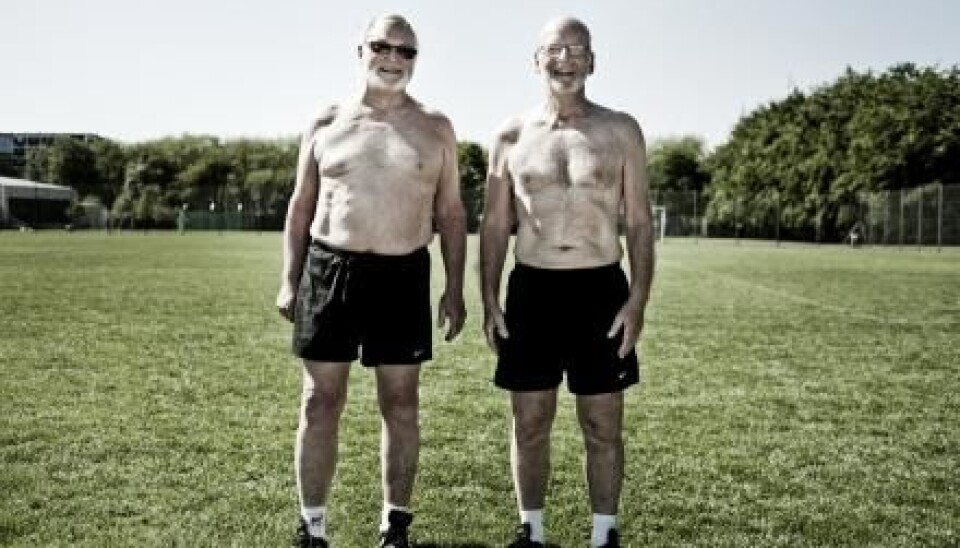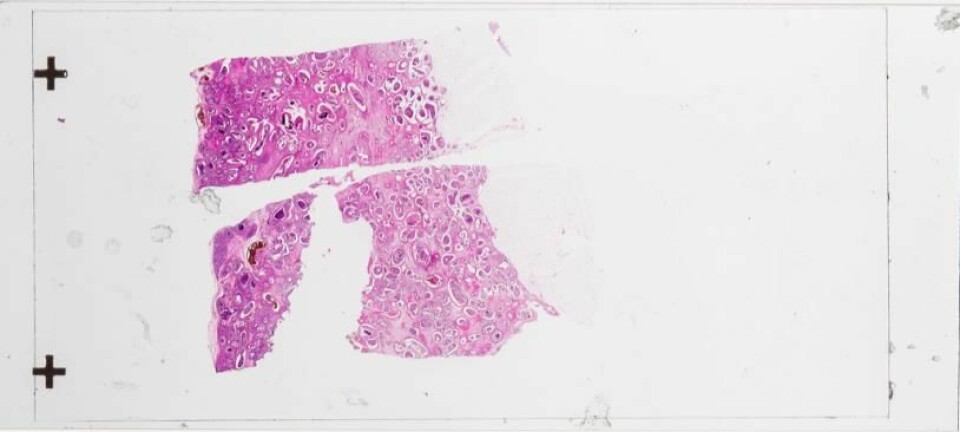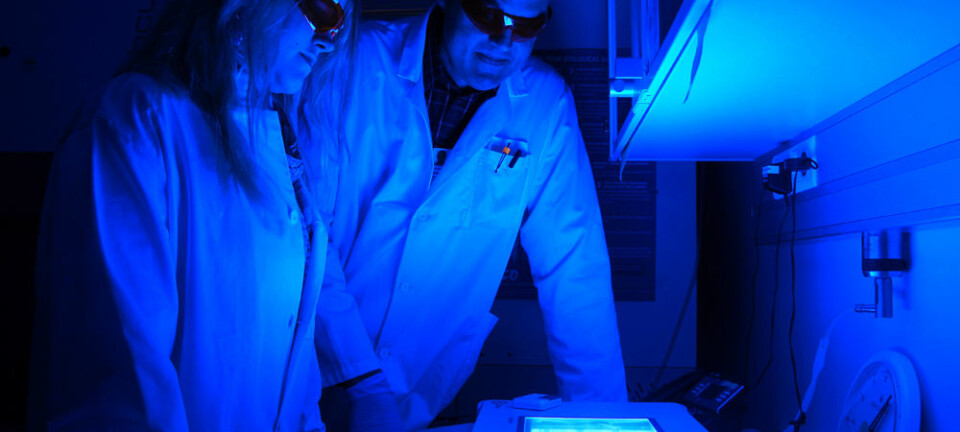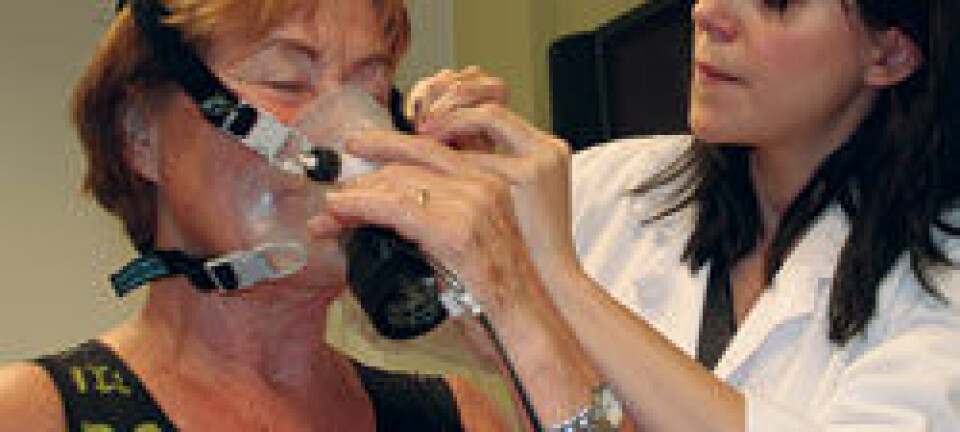
Football helps male cancer patients recover
Male cancer patients rarely participate in rehabilitation programs, preferring to leave the health care system as soon as possible. Fortunately, football is an attractive alternative to these traditional rehabilitation services.
Exercise is good for you -- even when you have had cancer. Research shows that physical activity can help counteract depression, anxiety, fatigue, weight gain, loss of strength, and many other side effects experienced by cancer patients after ended treatment.
Danish cancer patients are encouraged to participate in rehabilitation programs where exercise is included after their treatment.
However, in Denmark, women outnumber men in these rehabilitation programs, despite the fact that most cancer patients are in fact male. Very few men accept professional help from the health service to get on top of their illness, both physically and mentally.
"A rehabilitation service can consist of many things. As a rule, it includes all sorts of fitness activities, various forms of counselling, and therapy groups. However, if it is so broad, it is not something that attracts many men," says Svend Aage Madsen, chief psychologist at the Rigshospitalet and Chairman of the Forum for Men's Health.
"Men would rather be in and out of the health care system quickly. They have no desire to stay in a room and discuss how they feel. They are not so good at reflecting on bad feelings or being immersed in a painful topic," says Madsen, who has done many years of research into how men use the health system.
Men just want to get well quickly
Men are afraid that a rehabilitation process in some way prolongs their illness, explains researcher Charlotte Handberg, who has just finished her PhD on the topic at Aarhus University in Denmark. She wanted to know why so few male cancer patients participate in rehabilitation.
Her interviews with male patients, supports Madsen's research.
"The men I interviewed expressed that they want to return to normal daily life as soon as possible. They struggle to maintain their identity from before their diagnosis and do not want to be perceived as patients, they see the role of a patient as weak and unmanly," says Handberg.
"They all said that they connect rehabilitation with sickness and weakness. Therefore, they have no desire to participate. They would rather forget the disease and move on," she says.
Rehabilitation is most appealing to women, but men want to achieve the same results outside the hospital
Although rehabilitation with exercise can help cancer sufferers to get a meaningful and healthy life after treatment, none of the 43 men that Handberg interviewed had participated in such programs.
Whilst rehabilitation programs seem to appeal more to women, research suggests that cancer-stricken men actually do want to be physically active and share their experiences of the illness with others cancer sufferers.
It appears to be a matter of location as they prefer somewhere away from a hospital or rehabilitation centre where they are not reminded of their illness.
In a study by researchers from the University of Copenhagen and Rigshospitalet, a group of 60-70 year old men with prostate cancer were offered football sessions at the university in a project that came to be known as FC Prostate. The researchers found that patient physical strength increased after just 12 weeks of training.
FC Prostate lives on, long after the patients complete their rehabilitation
The patients reported both improved quality of life, and that they enjoyed working out with others afflicted with the same disease. In fact, several of them have continued to play football together after the project ended.
"The men who've trained for FC Prostate wanted to be part of a sports community. They also wanted to share their experiences regarding their disease, but as a spontaneous conversation, for example in the locker room after practice, and not as part of a systematic rehabilitation services," says Julie Midtgaard, research director of the football project.
The benefits even extend to patients’ relationships outside the program
In a series of interviews with trial participants conducted by Midtgaard and colleagues, they discovered that the men saw football as more than just an activity. In their eyes, it allowed them to act like men whilst taking care of their health at the same time.
The patients often found companionship with other men in the same situation, whilst escaping from their everyday worries of their condition, or fear of death.
Even their partners have noticed their improved spirits, with many of the male cancer patients reporting improvements in their relationships since they started training with FC prostrate.
Not only fun - Football is an effective rehabilitation for men
Madsen was not involved in the FC Prostate project, but he is impressed with the results. Football is a good way to motivate some men and an excellent alternative to traditional rehabilitation, he says.
"It's a great project, because football is healthy and appealing to many men because they have grown up with it and often played it at some point in their lives. But when it comes to rehabilitation, one must be aware perhaps only a certain group of men may be interested in team play and competition," says Madsen.
"It's probably most appealing to men who already played a lot of sports before they fell ill. It's much harder to appeal to those who weren't previously so active," he says.
---------------
Read the original article in Danish on Videnskab.dk
Translated by: Catherine Jex









